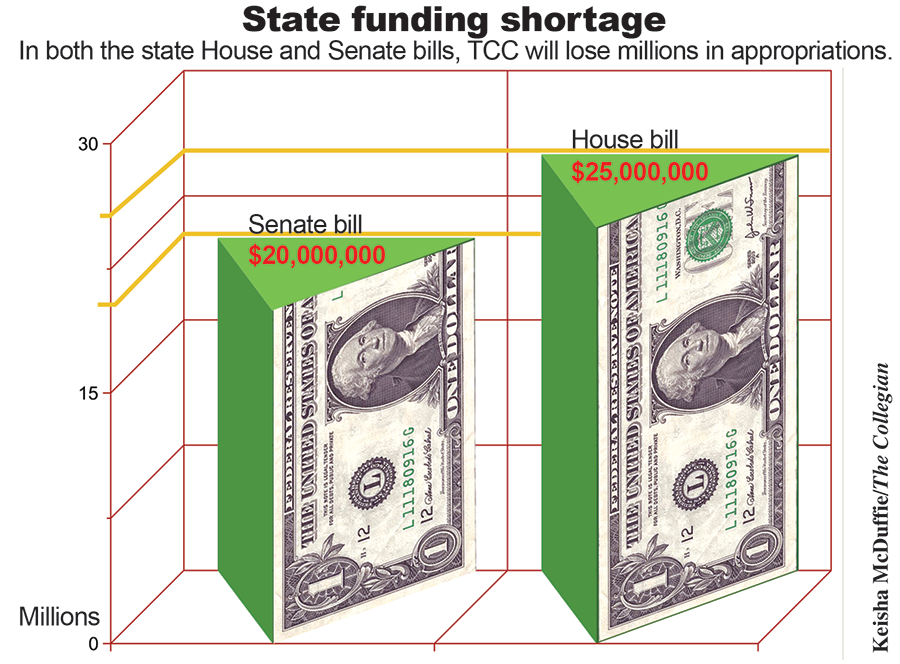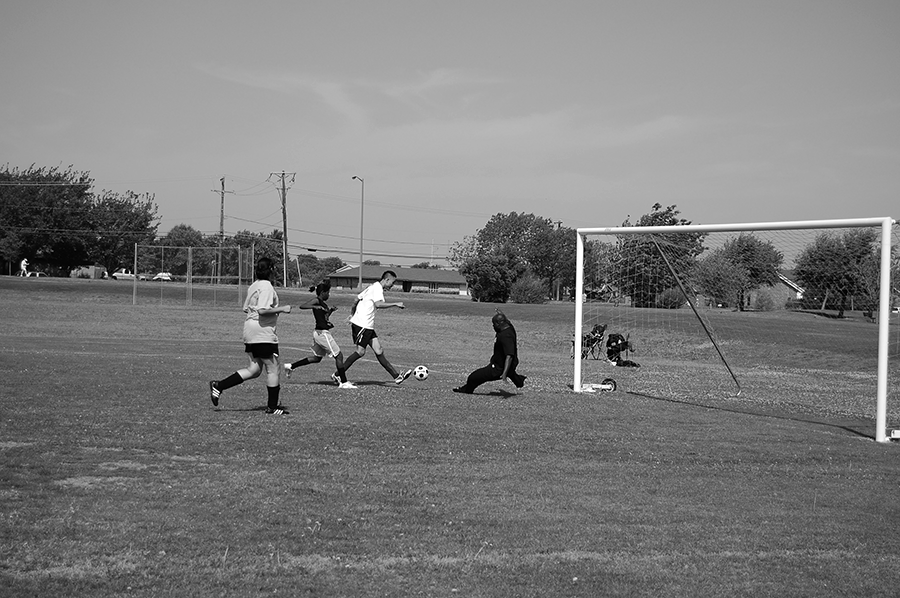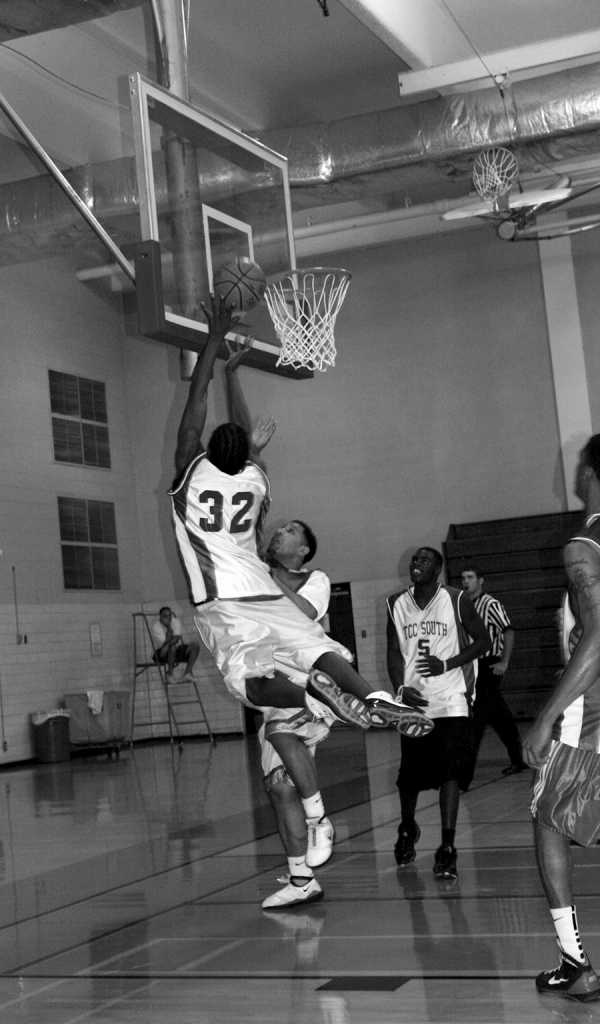At first, no one was moved by the sound of a male’s voice yelling obscenities in the hallway until a raised female voice said, “Leave me alone.” Then we opened the door to see what all the commotion was about.
We didn’t see anyone immediately. However, as I approached the women’s restroom, I heard voices. I said to our professor, “He’s in the restroom with her,” so police were called.
Suddenly, the young woman started screaming. The sound sent chills through my body.
Before police arrived, another professor went in the restroom and boldly told the guy to get out. Fortunately, he removed himself without force, and a couple of students and I assisted and comforted the victim.
A swift response and teamwork on behalf of two professors, students and campus police kept a hazardous situation from worsening.
This incident took place on South Campus in fall 2009.
Domestic violence is a pattern of abusive behavior in which a person uses coercion, harassment, deception, humiliation, manipulation and/or physical force to establish and maintain power and control over that person’s intimate partner.
Abuse usually starts with subtle criticism or pushing and shoving then can become extremely physical, sometimes overnight. The victims are often threatened with more abuse if they try to leave or tell someone.
Anyone who chooses to stay in that relationship must realize it will only get worse. Violence or the threat of violence is not love.
The fact is teen dating violence is on the rise, and it’s happening on all social and economical levels. It affects everyone who’s connected to the perpetrator or the victim.
According to a 2005 teen dating violence survey, women between ages 16 and 24 experience the highest rate of intimate partner violence.
More than half of victims say they have compromised their beliefs to please a partner. Cell phone calls and texting mean constant control. One in three teens say they are text messaged 10, 20 or 30 times an hour by a partner keeping tabs on them. Many teens think this is normal.
And only 33 percent of teens who have been in or known about an abusive dating relationship report having told anyone about it.
Anyone in or who knows someone in an abusive relationship should tell someone immediately. Those who witness abuse should get help by dialing 911 or the National Domestic Violence Hotline at 800-799-SAFE.




























